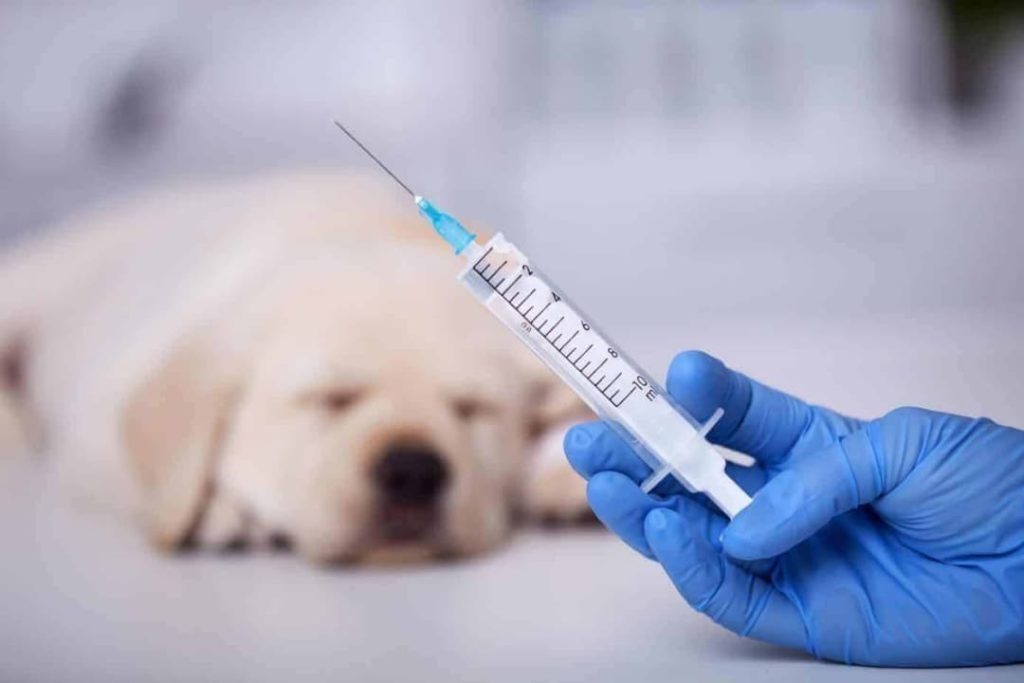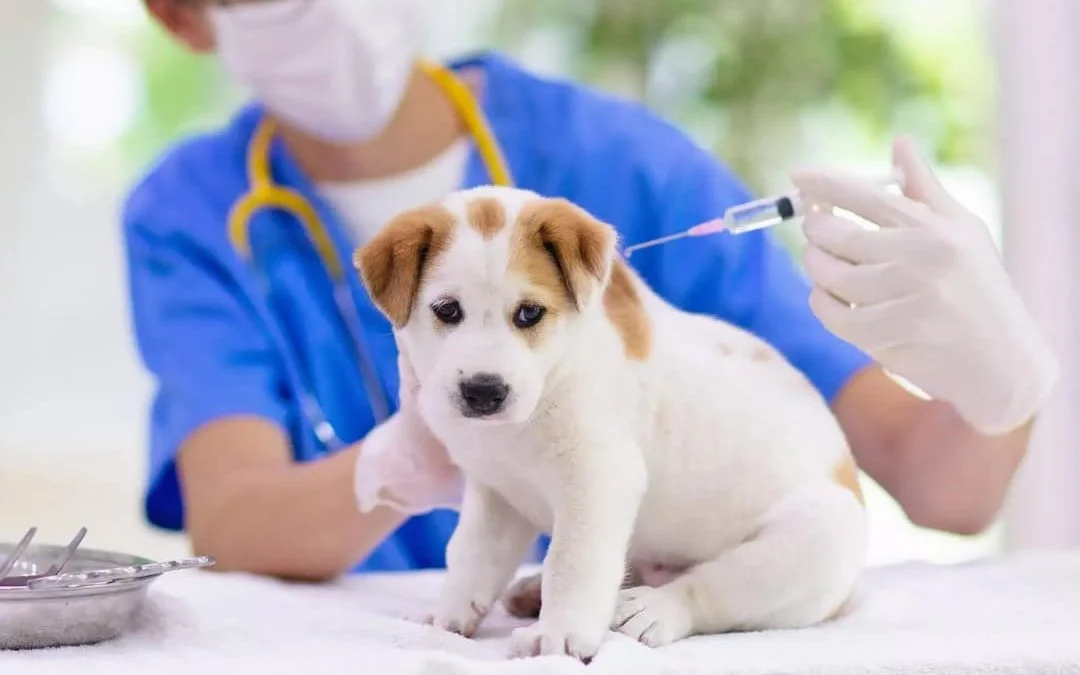Rabies is one of the most terrifying diseases you can come across. It attacks your nervous system and once it gets there, it causes havoc. You see, rabies is a disease that attacks the central nervous system of humans and animals. So if you are bitten by a rabid animal or get saliva from a person who has been infected with the virus, chances are you will contract the disease as well.

Read on for more information about this deadly virus and what you need to know about Rabies Vaccinations.
What Are Rabies?
Rabies is a viral disease of the central nervous system that results in inflammation of the brain and spinal cord. In most cases, it occurs when a person is bitten by an infected animal. You see, rabies is a disease that attacks the central nervous system of humans and animals. Essentially, it is a deadly disease that attacks the brain and causes lesions and lesions in the spinal cord. This results in paralysis and the disease may also affect the other organ systems such as the eyes, the respiratory and the digestive. Most people who contract rabies die within a few weeks as the virus attacks the brain and causes symptoms such as hallucinations, impaired motor functions, and seizures.
How Does Rabies Spread?
Rabies can be transmitted when a person is bitten by an infected animal such as a dog, a cat or a raccoon. The virus then travels through the bloodstream to the central nervous system where it causes inflammation. It is important to note that the virus is airborne and can be easily transported with the saliva of a person who has it. Animals with the rabies virus are often herbivores like raccoons, skunk and foxes. However if you come into contact with their saliva, you may also contract the virus. Most people do not realise that they are infected until symptoms appear. Since most people don’t get tested for the disease, they don’t know they have it and thus don’t take precautions to prevent the transmission of the virus.
Where Do You Get Rabies?
Rabies is present in many countries around the world such as India, China, Brazil, and Africa. But the Centres for Disease Control and Prevention (CDC) states that the only country in which nearly 100% of the population gets the disease every year is enzootic and endemic rabies – or the countries where the rabies virus is present in the wild like India and China. Since rabies is a zoonotic disease, it can be transmitted from animals like domestic dogs, bats, raccoons and porcupines to humans. However, you can also get the disease if you come into contact with the saliva of an infected person or animal.
Signs and Symptoms of Rabies
Rabies is a highly infectious disease that attacks the central nervous system of humans and animals. As mentioned before, the symptoms are caused by the inflammation and damage caused by the virus.
Here are the signs and symptoms of rabies: –
Seizures – This is the most severe and fatal symptom. When the virus attacks the brain, it causes grand mal seizures which can lead to brain damage and even death.
Paralysis – This symptom is the second most serious sign of rabies. When the virus damages the brain and nerve cells, your muscles feel paralyzed. You will be unable to walk, talk, breathe and even swallow.
Drooling or Gait Disturbance – This is caused by damage to the brain and nerves that control the muscles in the face, head and neck. This can lead to the inability to chew food, talk or even drool.
Disorientation – This is caused by damage to the brain and nerves that control your sense of direction. You may get disoriented and walk in the wrong direction.
How to Prevent Rabies?
The only way to prevent rabies is by getting vaccinated. There are two types of vaccines available namely the inactivated and recombinant vaccines. The inactivated vaccines are the oldest and are made using the killed virus. The recombinant vaccines contain a weakened form of the virus and therefore don’t trigger an immune response. Both vaccines are recommended for people who are at a high risk of getting the disease such as children, people older than 60 years and people who have a compromised immune system. If you are bitten by a rabid animal, you should seek immediate medical attention. You should also contact your doctor so you can be monitored for rabies.
How to Take a Rabies Vaccination
When you get vaccinated, the immune system is stimulated and your body becomes more likely to fight off infections and diseases. The two recommended vaccines for rabies are the inactivated vaccine and the recombinant vaccine. You can get either of these vaccines at your local health centre. While there are some vaccines that can be taken on an empty stomach, most vaccines require an hour before eating. If you are taking the inactivated vaccine, you will be given an injection that is administered by your doctor. If you are taking the recombinant vaccine, you will take a liquid suspension and will be advised to drink plenty of fluids for about one hour after vaccination.
Rabies is one of the most terrifying diseases you can come across. It attacks your nervous system and once it gets there, it causes havoc. You see, rabies is a disease that attacks the central nervous system of humans and animals. Essentially, it is a deadly disease that attacks the brain and causes lesions and lesions in the spinal cord. Most people who contract the virus die within a few weeks as the virus attacks the brain and causes symptoms such as impaired motor functions, seizures and hallucinations. If you are bitten by a rabid animal or get saliva from a person who has been infected with the virus, chances are you will contract the disease as well.

